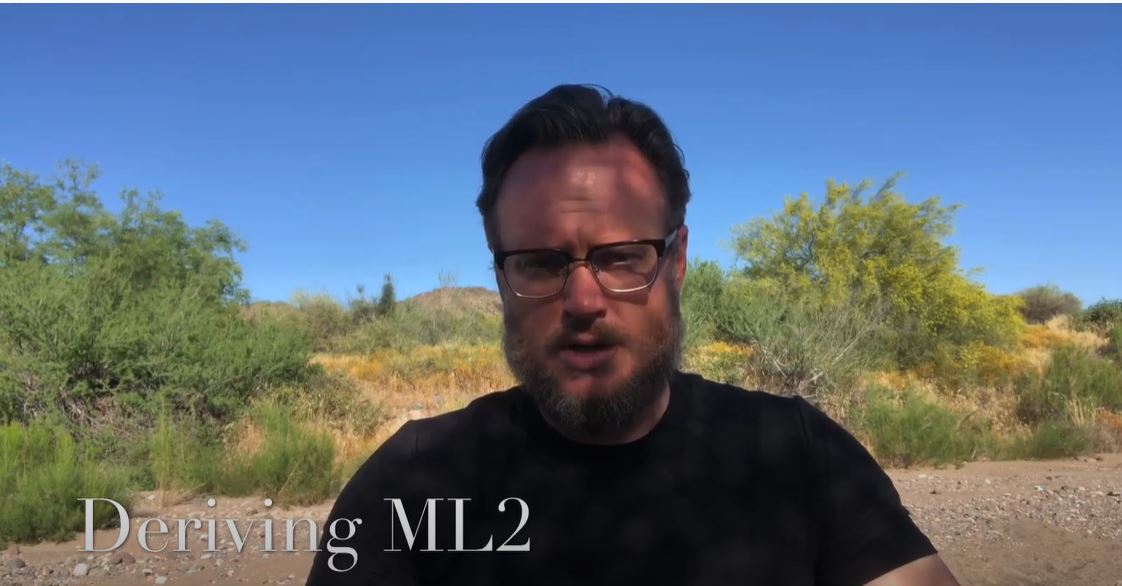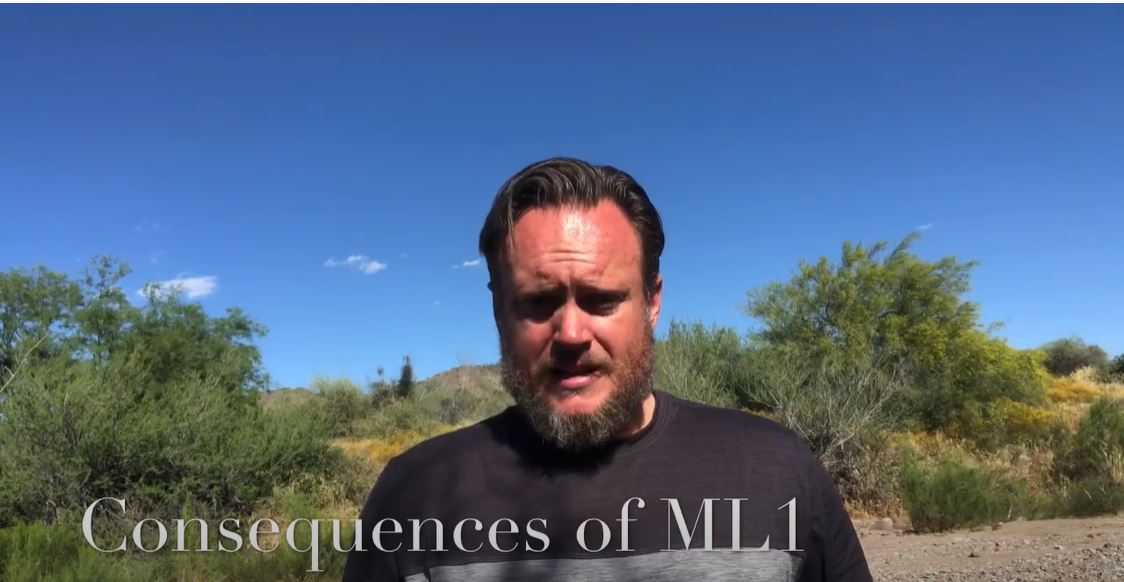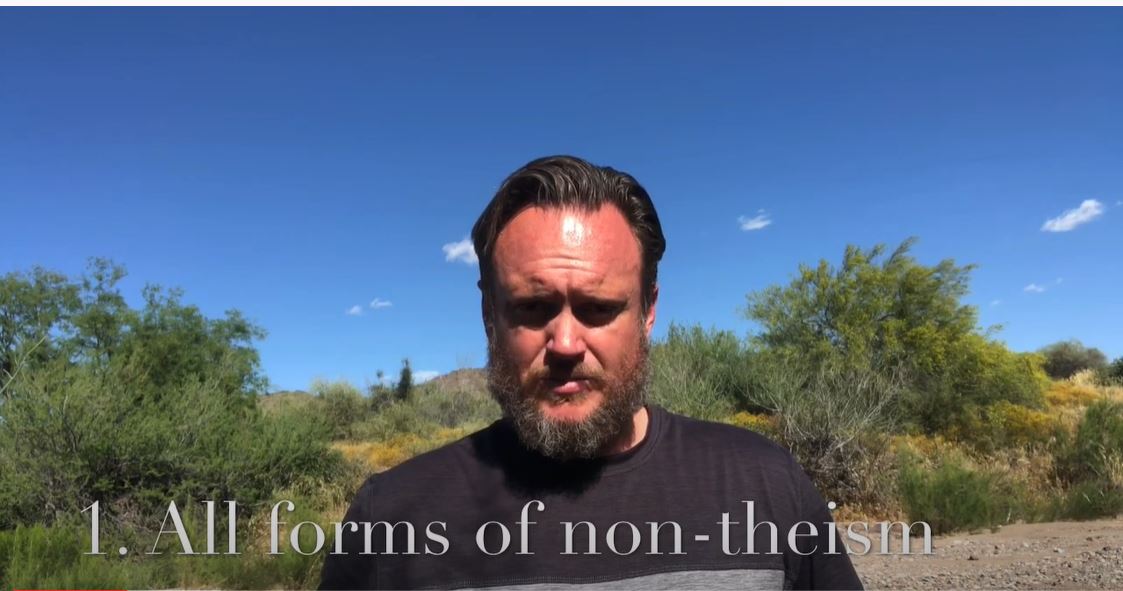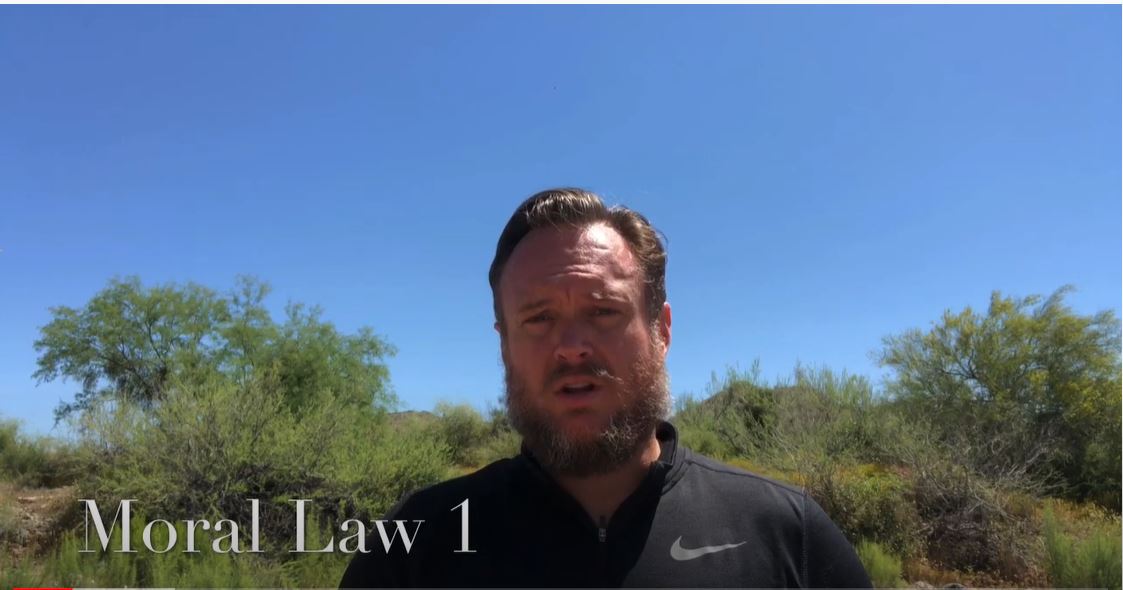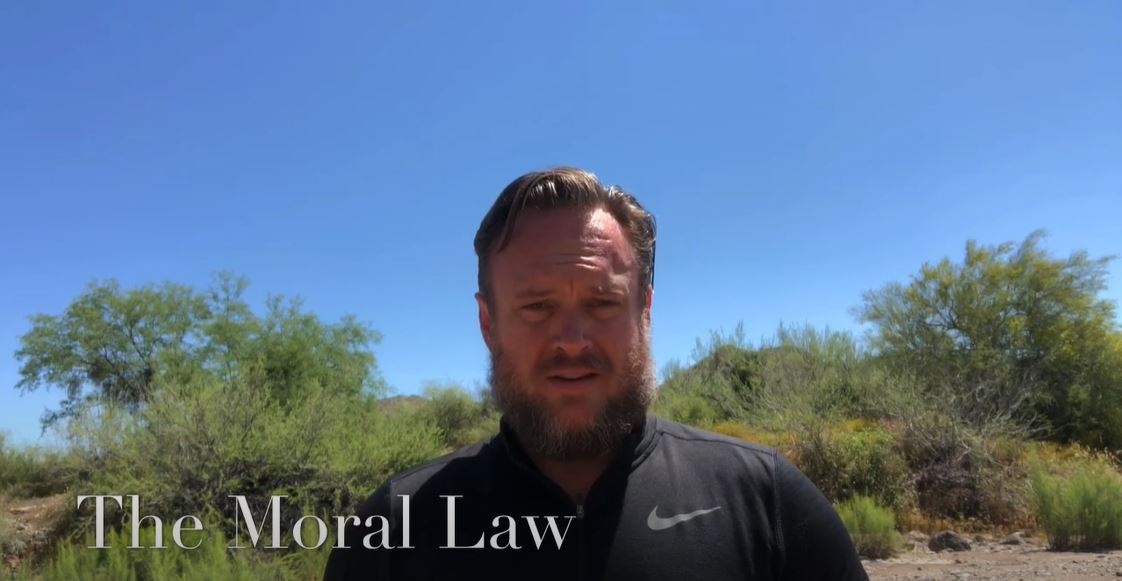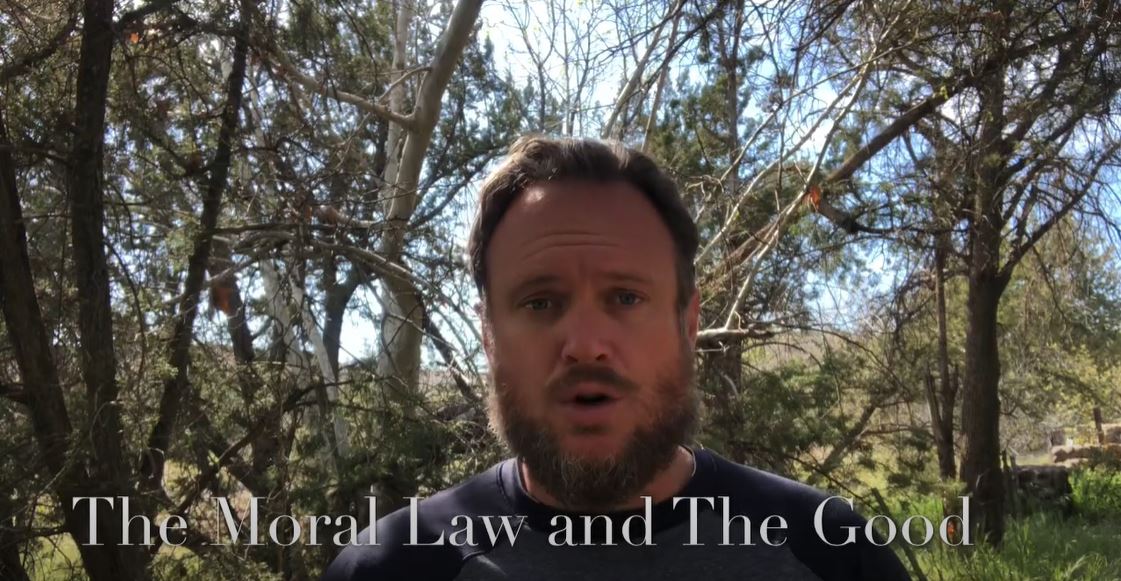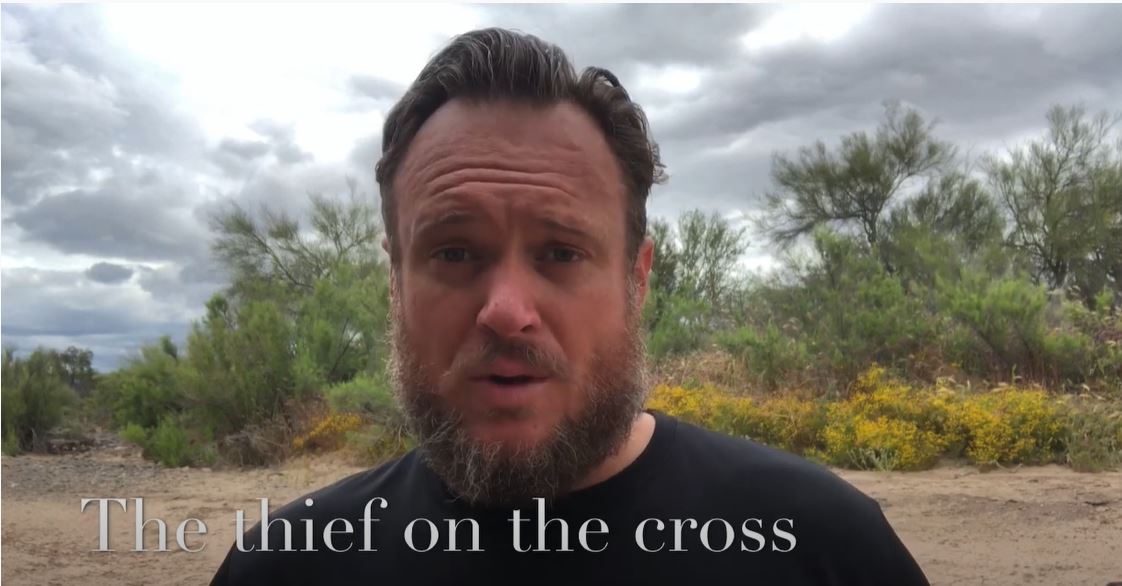Deriving Moral Law 2
Do we think about God as if he is like a human or do you think about humans in light of God? And what does the nature of thinking tell us about this?
Moral Law 1: Consequences
What are the inherent consequences of the moral law? These are both positive and negative. They are grounded in the use or neglect of reason.
Moral Law 1: Applications
Moral law 1 looks at the basic concepts the real and the good. Here Dr Anderson considers 7 applications of this law.
Moral Law 1: The Good and God
Where does the moral law begin? With the concepts of the good and the real. The origin of the law is in the reality of choice. We distinguish between means…
Deriving the Moral Law
The moral law describes how to achieve the good. How can we derive the moral law? Here Dr Anderson gives an example by deriving the first moral law about God…
The Moral Law: What is a Moral Law?
Ethics studies choice. What ought I to do? To answer this question we must know what is the good. The moral law describes what must be done to achieve the…
Solution: God is Doing the Best He Can
One common solution to the problem of evil is to say that God is doing the best he can. This is to say that God is finite. He is like…
Aquinas, Al-Ghazali, Mysticism, and the Knowledge of God
Is a mystical experience the highest knowledge of God? Both Aquinas and Al-Ghazali turned away from their work in philosophy and theology after having a mystical experience. This teaches a…
The Thief on the Cross
Do the Gospels contradict each other about the two thieves? Did both mock Christ or just one? What we see is a concise example of repentance. This begins with the…
Luke 1: Can we be certain?
In Luke 1:1-4 Luke tells us why he is writing the Gospel. He is giving what the eyewitnesses and ministers of the word had delivered. Those are two separate but…
